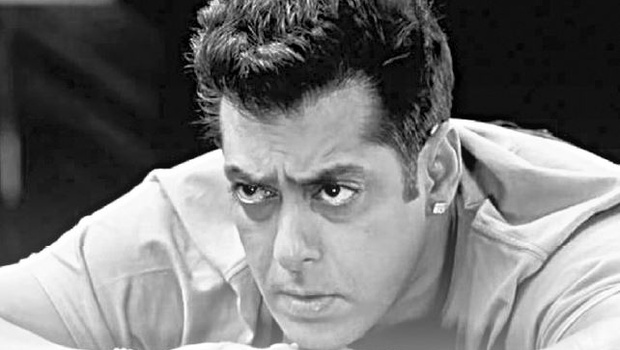When South-African sporting legend Oscar Pistorius’ trial post the tragic and gruesome murder of his girlfriend Reeva Steenkamp turned into a television soap opera, I remember thinking just how ironic is it that the word, ‘icon’ has also the word ‘con’ in it. How truth about guilt does not matter as long as the perception about innocence can be managed with power and money. How as long as a mass delusion can be marketed, substance or its absence does not count. And how even shame can be altered by fame.
For years, no one spoke against Bill Cosby’s sexual indiscretions because of the mythology of greatness around him; and for all the accusations of pedophilia against him, Woody Allen continues to be nominated for Oscars. Fame makes everything acceptable and till date an aura of injured innocence hangs around Sanjay Dutt.
And that is why Salman Khan’s box office allure has not been affected by insinuations of girl-friend bullying, arm twisting rivals like Vivek Oberoi, even driving a Land Cruiser over four poor people and killing one or shooting a black buck. Somehow all this is insignificant compared to the magnanimity of his golden heart, his inexplicable appeal that makes even respected personalities like Anupama Chopra and Karan Johar laugh at the insults he throws their way on national television. That makes fans throng his residence and sends TRPs spiralling despite his offensive behaviour as an anchor on Bigg Boss.
‘Baba’ and ‘Bhaijaan’ are our indulgent monikers for two men who the courts have convicted of serious crimes. And after 13 years of fact fudging, the disappearance of eyewitnesses and constant delays, when Salman was pronounced guilty , an RJ announced the news like this, “So what we have been dreading has come to pass… Salman Khan has been convicted of ALL 10 charges! We go straight to so and so who has been standing with the fans outside Salman’s house… so and so… what is the mood like?”
So and so then asked a fan: “Haan… so khana wana kuch khaya ya nahin? Kya lagta hai… kitni saza hogi bhai ko?”
And the fan answered: “Kuch nahin khaya, dua karenege saza na ho… unhone kitne acche kaam kiye hain.”
Did the station think of deputing a reporter outside the home of those whose lives were altered by a punch drunk Land Cruiser that night? Oh right, they could not have because those people probably still do not have homes.
Farah Ali Khan with righteous indignation tweeted that just like a train driver could not be blamed for the death of someone who chose to cross the tracks at an inopportune time, Salman could not be blamed for the death and injuries of those who were sleeping on the pavement. Wasn’t the housing problem something the powers that be should have solved by now? She, singer Abhijit (who likened the homeless to dogs) and many of her ilk who are standing up for Salman belong to the same walled-in sensibility that turns queasy at the thought of allowing hawkers in the pristine, hallowed by-lanes of Pali Hill, where stars live secluded against the struggles of the poor and the dispossessed in Mumbai.
The deeper question is why do fans condone stars’ grievous mistakes and even make excuses for them? Should we introspect to understand why we need icons like Salman Khan? What do they represent anyway that we endorse their sense of entitlement? And why do men like Khan who have everything, need to constantly push social boundaries to see just how far they can go? Success is a drug because it gives you immunity from the voices of criticism, from social norms and somehow when stars reach a certain level of imperviousness, their fans cannot accept it when their heroes are treated like ordinary humans accountable for their actions. And that is why the film industry instead of taking a minute to examine the cult of arrogant irresponsibly that results in the American Express Bakery tragedy is busy speculating what will happen to the films Bhai was starring in. Because when Salman appears on the screen, exuding primal appeal without his shirt, no one remembers the human footnotes in his narrative. He is superhuman. He sells tickets. He is loved no matter what. And even a stern judgement, sadly, cannot change that.
 with The New Indian Express Reema Moudgil works for The New Indian Express, Bangalore, is the author of Perfect Eight, the editor of Chicken Soup for the Soul-Indian Women, an artist, a former RJ and a mother. She dreams of a cottage of her own that opens to a garden and where she can write more books, paint, listen to music and just be silent with her cats.
with The New Indian Express Reema Moudgil works for The New Indian Express, Bangalore, is the author of Perfect Eight, the editor of Chicken Soup for the Soul-Indian Women, an artist, a former RJ and a mother. She dreams of a cottage of her own that opens to a garden and where she can write more books, paint, listen to music and just be silent with her cats.







I completly agree with every word thats written in tha article.Its very sad that even now only name,fame & money prevails in India.One can overcome anything& everything with just the power of wealth. Its very sad & unfortunate .